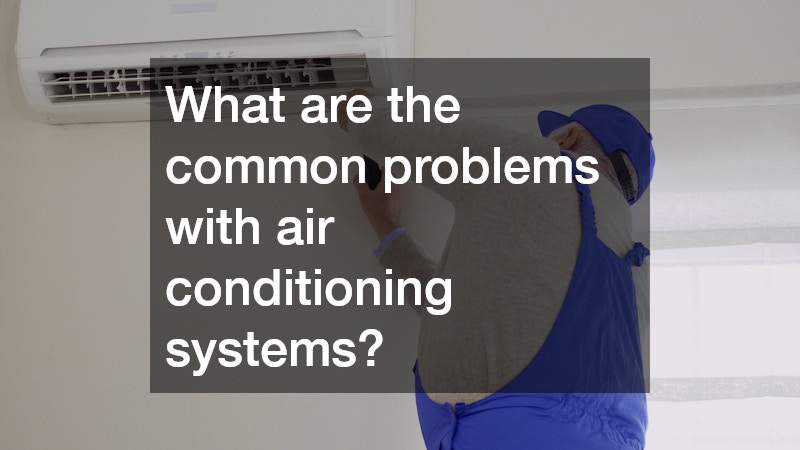What is air conditioning, and why is it important?
Air conditioning is a system that cools and dehumidifies indoor air to create a more comfortable environment. It is essential for maintaining a consistent and comfortable temperature, especially in hot and humid climates. The invention of air conditioning revolutionized modern living by enabling people to work and live comfortably in all kinds of weather conditions.
The benefits of air conditioning go beyond just comfort; it also improves indoor air quality by filtering out pollutants and allergens. Additionally, air conditioning helps protect electronic equipment and appliances from overheating, prolonging their lifespan. Without air conditioning, productivity in workplaces would significantly decrease, as extreme temperatures can negatively impact focus and performance.
The history of air conditioning dates back to ancient civilizations that used various methods to cool indoor spaces. However, modern air conditioning systems as we know them today were first developed in the early 20th century. Since then, air conditioning has become an integral part of daily life, with over 90% of American households having some form of air conditioning.
How does air conditioning work?
The basic components of an air conditioning system include a compressor, condenser, evaporator, and expansion valve. The refrigeration cycle starts with the compressor compressing refrigerant gas, which then flows to the condenser where it releases heat to the surroundings. The cooled refrigerant moves to the evaporator, where it absorbs heat from the indoor air, cooling it down. The expansion valve regulates the flow of refrigerant, completing the cycle.
There are different types of air conditioning systems, including central air conditioning, ductless mini-split systems, and window units. Energy efficiency and environmental considerations are important factors to consider when choosing an air conditioning system. Energy-efficient models can help reduce electricity bills and minimize carbon emissions, benefiting both the environment and the homeowner.
Regular maintenance is crucial for ensuring the optimal performance of an air conditioning system. Lack of maintenance can lead to issues such as refrigerant leaks, electrical problems, and poor air flow. Proper maintenance not only extends the lifespan of the system but also improves its efficiency, saving money on energy costs in the long run.
What are the common problems with air conditioning systems?
One common issue with air conditioning systems is a lack of maintenance, which can lead to breakdowns and costly repairs. Refrigerant leaks are another common problem that can result in reduced cooling capacity and potential environmental harm. Electrical issues, such as faulty wiring or blown fuses, can also cause the system to malfunction and fail to cool properly.
Poor air flow is often a symptom of clogged air filters or blocked vents, which restrict the flow of air through the system. Regularly changing air filters, cleaning vents, and ensuring proper airflow can help prevent this issue. Addressing these common problems promptly can help avoid more significant issues down the line and keep the air conditioning system running smoothly.
One interesting fact is that the first modern air conditioning system was invented in 1902 by Willis Haviland Carrier to control humidity in a Brooklyn printing plant. This invention laid the groundwork for the development of air conditioning systems for various applications, including residential and commercial use.
How to maintain and improve the efficiency of your air conditioning system?
Regular maintenance tasks, such as cleaning or replacing air filters, checking refrigerant levels, and inspecting ductwork, are essential for keeping an air conditioning system running smoothly. Upgrading to a programmable thermostat can help optimize energy usage by adjusting the temperature based on your schedule and preferences. Improving insulation and ventilation in your home can also help reduce heat loss and minimize the workload on the air conditioning system.
Using fans and shades to reduce heat load on your home can supplement the cooling effects of the air conditioning system and help maintain a comfortable indoor temperature. Fans can circulate air more efficiently, while shades block out direct sunlight and reduce heat gain in the space. By combining these strategies with regular maintenance, homeowners can improve the efficiency of their air conditioning system and save on energy costs.
Air conditioning is an essential technology that has transformed modern living by providing comfort, improving indoor air quality, and increasing productivity. Understanding how air conditioning works and how to maintain and improve its efficiency is crucial for homeowners looking to optimize their systems. By taking preventive measures and investing in energy-efficient practices, homeowners can enjoy the benefits of air conditioning while reducing their environmental footprint.
